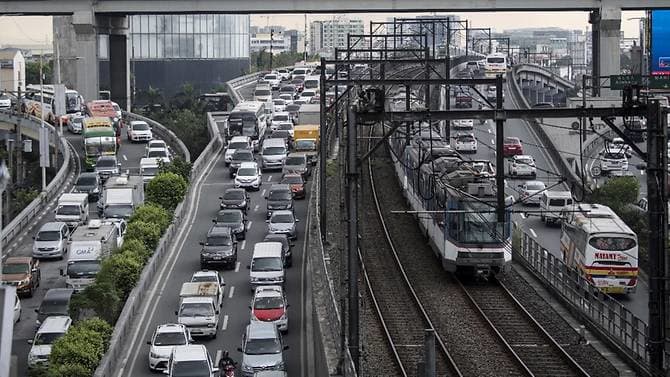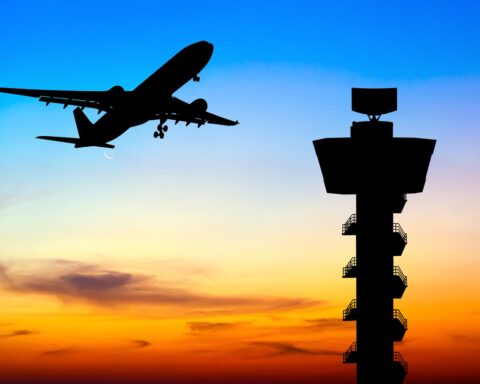MANILA, PHILIPPINES (16 December 2020)— The Philippines’ Country Operations Business Plan 2021–2023 will support government programs and policies designed to repair damage to the business sector and labor market, accelerate economic recovery, and expand access to public health services.
“We have designed our new Country Operations Business Plan to help the Philippines overcome the socioeconomic impact of the pandemic. We are focusing on infrastructure projects that have large employment multipliers and support long-term economic growth through improved connectivity,” said ADB Vice-President Ahmed M. Saeed.
“Our Country Operations Business Plan is taking an integrated approach to business and employment recovery over the next three years through a combination of programs and projects supporting structural reforms to the business sector, facilitating youth employment, and upgrading skills development in the workplace,” said ADB Country Director for the Philippines Kelly Bird.
More than 52% of the sovereign lending will support transportation projects, such as railways, roads, and bridges. About 12% of ADB’s financing will help the government expand the public health system through the implementation of the Universal Health Care Act.
The rest of ADB’s lending will support environmentally sustainable urban development projects in Palawan province, which is located in the Philippines’ southwest; expand social protection; and boost agriculture competitiveness, public sector management, and capital market development.
Nearly half of ADB’s lending program in 2021, or $1.75 billion, will fund the first tranche of the South Commuter Railway Project, which is part of the North–South Commuter Railway (NSCR) system—the biggest infrastructure project under the Philippine government’s “Build, Build, Build” program. Once completed, the 53-kilometer South Commuter Railway will connect Metro Manila with areas south of the capital, such as Calamba in Laguna province.
ADB has already provided financing for the Malolos–Clark Railway Project, which will construct part of the northern segment of the NSCR system. Five civil works contracts worth $2.5 billion were awarded this year.
Other infrastructure projects for 2021 include the Metro Manila Bridges Project, which will finance the construction of three bridges to help ease traffic congestion in the capital. The Davao Public Transport Modernization Project will establish a modern, efficient, and affordable public transport system in Davao City, the largest city in the country by land area. The sustainable tourism development project in Palawan will support tourism enterprises and finance improvements in urban facilities, including sewerage and waste water treatment and drainage.
In 2021, ADB is expected to provide a health sector loan worth $500 million to help the Philippine government provide comprehensive and affordable health care services for Filipinos under a Universal Health Care coverage program.
To help the government create more jobs and improve workers’ job skills next year, ADB is preparing a policy-based Facilitating Youth School-to-Work Transition Program, as well as a technical and vocational education and training project for skills development. ADB will also work with the government on a business and employment recovery program loan in 2022.





